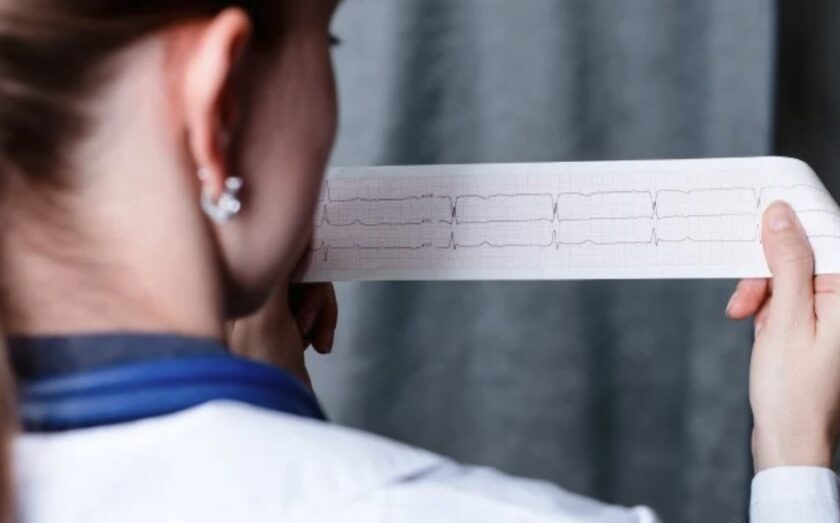BHF: Revolutionary algorithm identifies hidden heart condition, preventing strokes

Nearly 2,000 people have participated in a groundbreaking trial of FIND-AF, a first-of-its-kind algorithm designed to detect early warning signs of atrial fibrillation (AF).
Funded by the British Heart Foundation, the trial uses machine learning to analyse GP records for red flags, enabling early diagnosis of this hidden heart condition.
AF is a common abnormal heart rhythm where the electrical impulses that trigger the heartbeat fire chaotically instead of in a regular and steady way.
The condition increases someone’s risk of having a stroke but, with early diagnosis and treatment, it can be managed effectively and stroke risk reduced.
Although over 1.6 million people in the UK live with AF, thousands remain undiagnosed. The condition contributes to an estimated 20,000 strokes annually, many of which are preventable with timely treatment.
AI in Action: Identifying Risk from Routine Data
The FIND-AF algorithm, developed by scientists at the University of Leeds and Leeds Teaching Hospitals NHS Trust, scans anonymised health records for signs of AF risk within the next six months.
Once flagged, at-home testing kits are sent to patients, allowing them to monitor their heart rhythms with a handheld ECG machine twice daily for four weeks.
Patients found to have AF are informed by their GP, who can discuss treatment options to lower stroke risk. Dr Sonya Babu-Narayan, Clinical Director at the British Heart Foundation, praised the trial’s potential:
“By harnessing the power of routinely collected health care data and prediction algorithms, this research offers a real opportunity to identify more people at risk of atrial fibrillation, and who may benefit from treatment to reduce their risk of a devastating stroke.”
A Life-Saving Diagnosis
John Pengelly, 74, from Apperley Bridge, took part in the FIND-AF trial and was diagnosed with AF despite having no symptoms. Reflecting on his experience, John said:
“I didn’t have any symptoms and thought I was fine. When I was diagnosed, I just thought, ‘oh gosh, what does this mean for me?’ But now I take a couple of pills daily to reduce my risk of having a stroke. It’s just a few pills every day to keep me going for a good few more years yet.”
The FIND-AF algorithm was trained using health records from over 2.1 million UK patients and validated with data from more than 10 million people globally. With the successful pilot, researchers hope to expand the trial nationwide.
By leveraging routinely collected health data, this innovation could transform early diagnosis of AF and reduce the strain on healthcare systems while preventing thousands of strokes annually.
Spotted something? Got a story? Send a Facebook Message | A direct message on Twitter | Email: [email protected] Latest News









